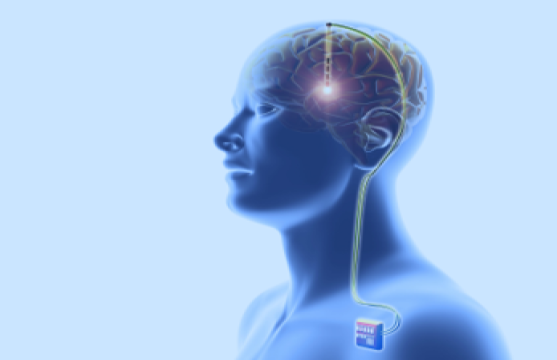Medications for Epilepsy
Anti-epileptic drugs (AEDs) are the most commonly used treatment for epilepsy. In about 70% of people they help to control, but not cure, seizures. It is important that you speak to your specialist to find out which treatments are available, and which is the best choice for you.
AEDs work by changing the levels of chemicals in your brain. The best type for you will be decided depending on things like type of seizures, age, and if you are planning to have a baby.
There are many different AEDs available. Common examples include:
- Acetazolamide
- Brivaracetam
- Cannabidiol
- Carbamazepine
- Cenobamate
- Clobazam
- Clonazepam
- Eslicarbazepine acetate
- Ethosuximide
- Everolimus
- Fenfluramine
- Gabapentin
- Lacosamide
- Lamotrigine
- Levetiracetam
- Oxcarbazepine
- Perampanel
- Phenobarbital
- Phenytoin
- Piracetam
- Pregabalin
- Primidone
- Rufinamide
- Sodium valproate
- Stiripentol
- Tiagabine
- Topiramate
- Valproic acid
- Vigabatrin
- Zonisamide
Some AEDs may not be suitable for use during pregnancy, please speak to your doctor if you are planning to get pregnant or become pregnant. Do not stop taking medication without consulting your doctor. Click here to find out more from the Epilepsy Society.
| Words that are often used in relation to medications: | |
|---|---|
| Add-on/ combination | used with other epilepsy medicines |
| Brand | medicine with a name given by the drug company |
| Contra-indicated | should not be used |
| Generic | a version that can be made by several different drug companies |
| Monotherapy | used on its own |
AEDs should be taken at the same time each day.
Possible Side effects of Epilepsy Medication
Side effects are often seen when starting AEDs. Some common side effects of AEDs include:
- Drowsiness
- Lack of energy
- Agitation
- Headaches
- Uncontrollable shaking (tremor)
- Hair loss or unwanted hair growth
- Swollen gums
- Rashes – if this happens you should contact your GP or specialist, as it might mean you are having a serious reaction to the medicine
Feeling similar to being drunk, unsteady, poor concentration or vomiting may mean your dose is too high so speak to your GP or epilepsy specialist.
You should never stop or change your medicine without talking to your GP or specialist first as it may cause a severe seizure.
Patients should always refer to the patient information leaflet which can be found in the medication box of their medication for a full list of possible side effects.
Find out more

Other Epilepsy Treatments
Implanted devices or lifestyle changes may help improve control of seizures
Read moreSend your Feedback!
Would you recommend the UCBCares website to other visitors?
